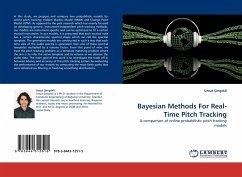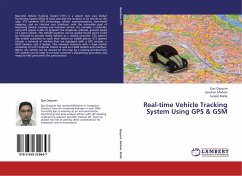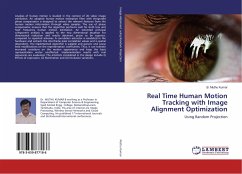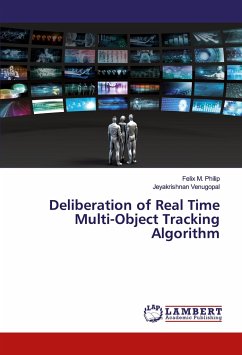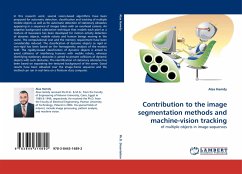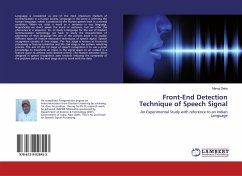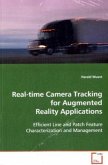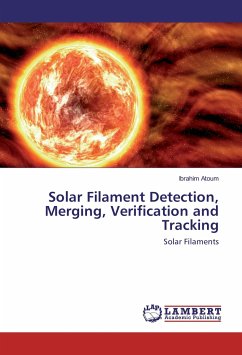In this study, we propose and compare two probabilistic models for online pitch tracking: Hidden Markov Model (HMM) and Change Point Model (CPM). As opposed to the past research which has mainly focused on developing generic, instrument-independent pitch tracking methods, our models are instrument-specific and can be optimized to fit a certain musical instrument. In our models, it is presumed that each musical note has a certain characteristic spectral shape which we call the spectral template. The generative models are constructed in such a way that each time slice of the audio spectra is generated from one of these spectral templates multiplied by a volume factor. From this point of view, we treat the pitch tracking problem as a template matching problem where the aim is to infer the active template and its volume as we observe the audio data. The main goal of this work is to investigate the trade off in between latency and accuracy of the pitch tracking system by evaluating the performance of our models by computing the most-likely paths that were obtained via filtering or fixed-lag smoothing distributions.
Bitte wählen Sie Ihr Anliegen aus.
Rechnungen
Retourenschein anfordern
Bestellstatus
Storno

